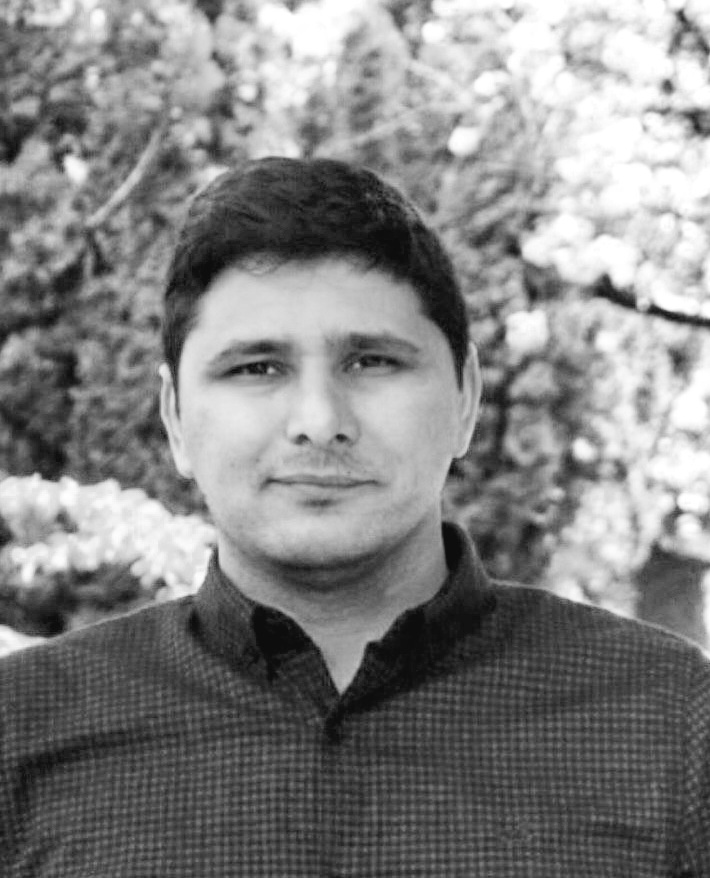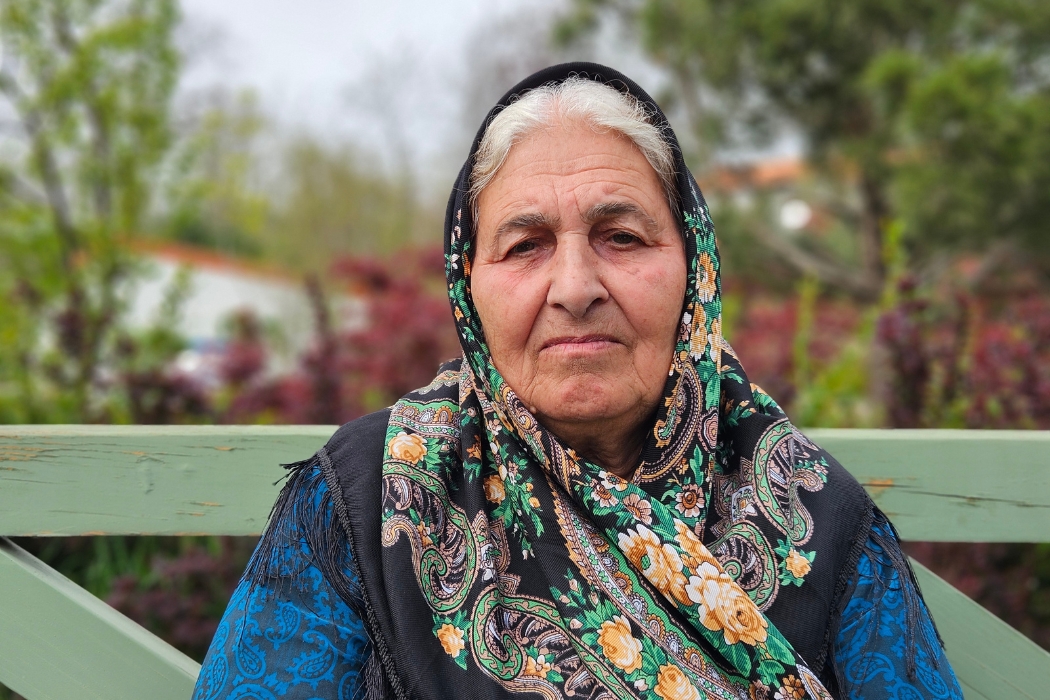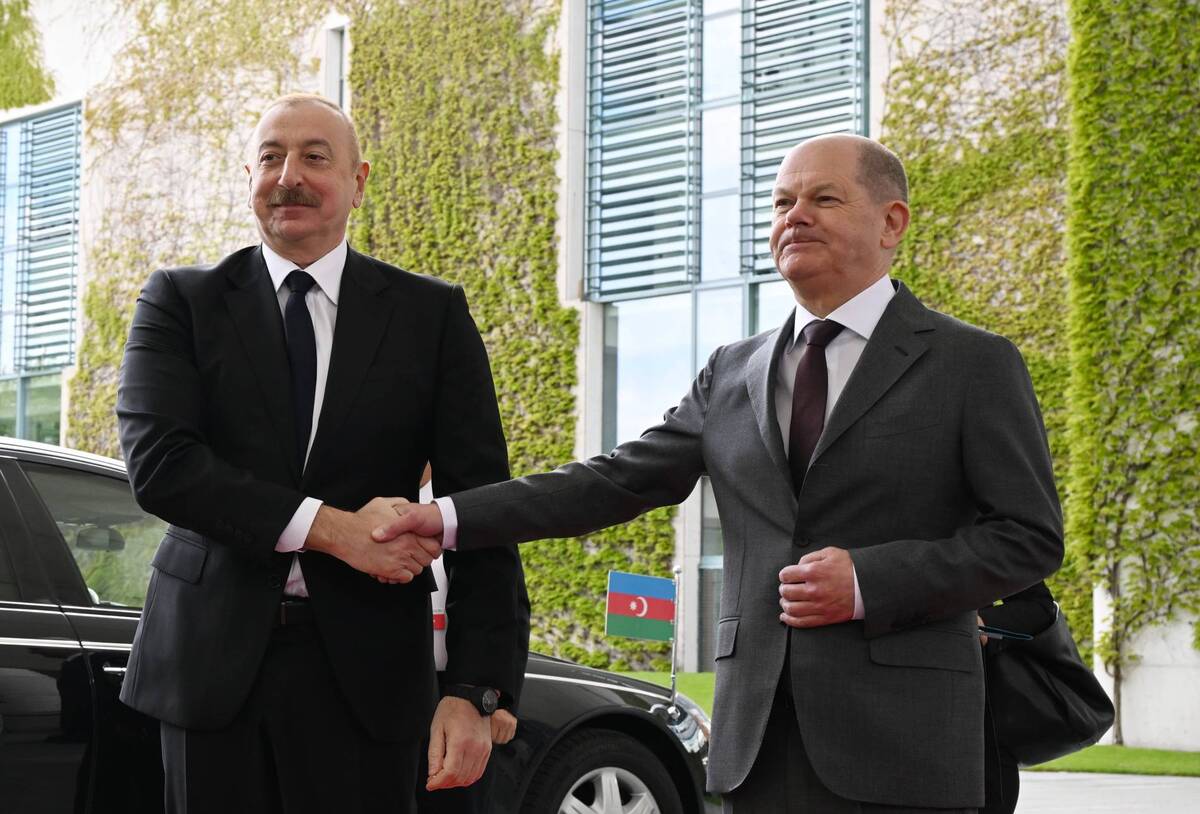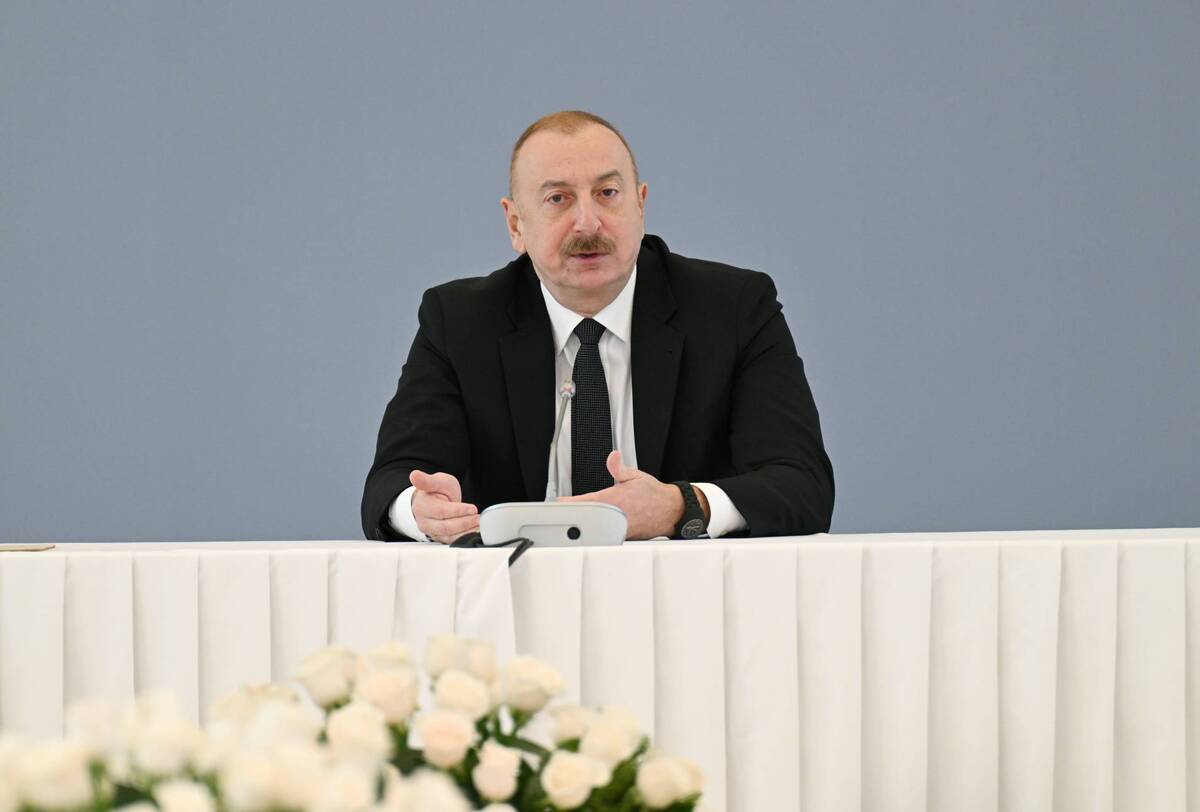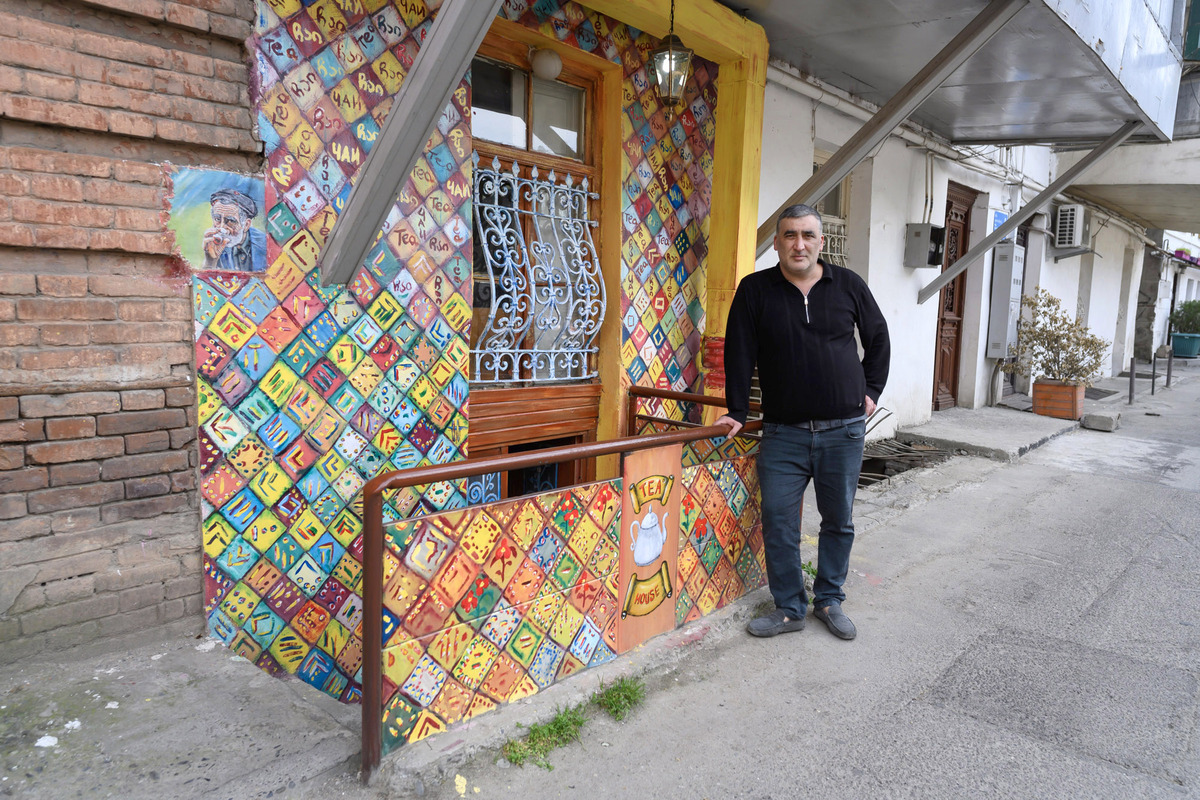- Home
- The Azerbaijani Civic Nation: a Diaspora-based Language Education Initiative for Azerbaijani-Turks in Iran
The Azerbaijani Civic Nation: a Diaspora-based Language Education Initiative for Azerbaijani-Turks in Iran
“If we don't think in [our language, it] no longer exists.” So says Dr. Lale Javanshir, one of the main forces behind an educational programme which helps Azerbaijanis in Iran develop technical and written skills in their mother-tongue.

Azerbaijani Turks in Iran that do not have the opportunity to study their mother tongue are turning to online classes. Image: Agnieszka Gaul/Shutterstock
Iran is a multiethnic and multilingual society. However, Farsi is the country’s only official language in major institutions, including education, media, law and government. The century-long monolingual policy of Farsi-only schools has also limited the ability of millions of minoritized individuals to fully learn and employ their mother tongue languages. Moreover, any call for mother-tongue-based education remains politically sensitive: often equated with separatism and thus incorrectly perceived as threatening Iran’s national security.
Nonetheless, online ventures are now helping to bridge the educational gap. One of these is The Azerbaijani Civic Nation, a Canada-based NGO founded in 2020 by University of Toronto Dr. Lale Javanshir and her partner, Samad Pourmusavi. Lale and Samad have long felt that Azerbaijani Turkish is in a critical situation in Iran: their native language is used for expressing emotions but not for more complex organizational thinking.
The Azerbaijani Civic Nation is a Canada-based NGO founded in 2020 by University of Toronto Dr. Lale Javanshir and her partner, Samad Pourmusavi. Image: Courtesy Photo
“If we don't think in this language, if we can't express our problems in this language, if we can't talk about our economy, politics, literature, environmental issues and the migration issue, then this language no longer exists.”
Back in the mid-1990s, the pair started out by organizing underground language, dance, and music courses for children in Tabriz. Their latest venture aims to create online social spaces and resources for Azerbaijani Turks in both Iran and the diaspora - to improve literacy in their language through virtual educational lecture series that also cover social, political, educational, and environmental issues.
In 1996 in Tabriz, much like today, Illegal Azerbaijani-Turkish language and culture classes in Iran were conducted in secret. Image: Courtesy Photo
In the fall of 2022, a recent such series focused on Azerbaijani Turkish academic reading and writing. Volunteers deliver the course free of charge, twice a week on Zoom, the 14-week course attracted around 100 students, most attending from Iranian Azerbaijan. Despite the internet disruption and shutdowns imposed by the Iranian authorities related to the Mahsa Amini protests, 40 attendees earned a certificate of participation. Javanshir regards the participants' commitment to the course as a “life and death” struggle to safeguard their language.
The instructor of the course, Dr. Toğrul Atabay, found it interesting that so many participants were young writers, journalists, and influential activists. There were also plenty of women – important in a society in which they have been particularly subjected to oppressive limitations. Speaking of these students, he said: “in a society that had been crushed to such an extent that they [once] could not even believe that their language could be written, it deeply affected everyone to see that their native language could express the highest academic issues and delicate intellectual topics.”
Some course participants proudly shared their certificates on their social media accounts, and not just exiles like Sweden-based activist Duman Radmehr. Tabriz resident Najaf Nemati praised the “academic level of the course” and noted how reassuring it had been to find that “the course had people from all over the world. I felt close to them without seeing or knowing many of them.” An Instagrammer called Rubab Mahmudi compared Az Civic Nation’s language revitalization efforts to those of Samad Behrangi (1939-1968) and Professor Mohammed Taqi Zehtabi (1923-1998). That’s particularly likely to please the founders of Az Civic Nation. Behrangi and Zehtabi feature amongst the most prominent linguistic champions for Azerbaijani Turks in 20th-century Iran. Perhaps historians will look back at Javanshir and Pourmusavi holding a similar status for the early 21st century.


